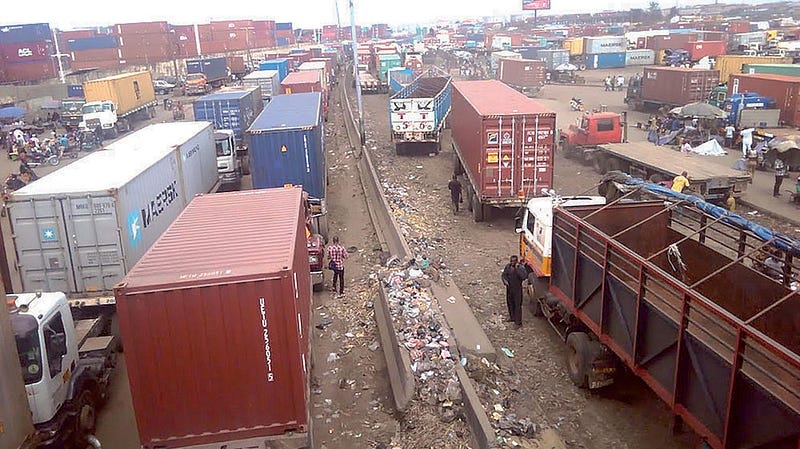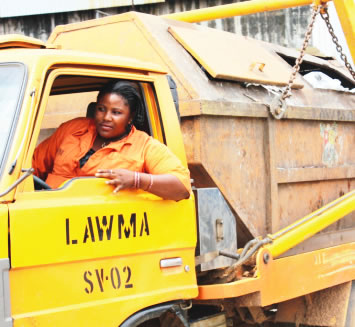Naira Cash Crises: its effect on the informal sub-sector of the haulage business of Nigeria.
The Governor of the Central Bank of Nigeria, Godwin Emefiele, on October 26, 2022, announced that new Naira notes would be introduced to replace the current 200, 500, and 1,000 Naira notes. The four reasons the CBN gave are listed below:
- To eliminate or reduce currency fraud to the bearest minimum. People who have hidden money they have stolen, for instance, would either find a way to change it by taking the money out or would not need it given the change in the value of the Naira.
- The currency change also aims to deal a fatal blow to the growing kidnapping and ransom industry.
- The change in the notes is also said to aid in lowering the rate of inflation.
- The change in the Naira notes is also intended to control the amount of money in circulation.
The initiative itself is very laudable and noble but the implementation as shown once again the flaws that typically undermine the effectiveness of public policies. The cash crunch and the attendant economic and social unrest created by the currency redesign policy of the Central Bank of Nigeria (CBN) is visible to the blind and audible to the deaf across the length and breath of the Country.

One of such sector facing a very serious cash crises is the informal sub-sector of the Nigerian Haulage Business. They make up a very significant percentage in the Third-Party Logistics (3PL) ecosystem. They are the movers and shakers of the logistics operation as far as Nigeria is concerned and yet a high number of those truck drivers are unbanked. They are unbanked not because they do not want to save their money but because accessing such money during transit proves very difficult for them. Hence, the need to keep cash at all times for their basic needs while on the road. Complaints such as high bank charges and long queues at the banking halls is also a discouragement and the reason for remaining unbanked. It is important to note that cash play a significant role in this sector. Cash are used to buy fuel for the trucks for the smooth operation of moving goods from one point to another. For example, even those who have bank accounts complained that filling stations are rejecting both the (Point of Sale) POS machine transfer and mobile bank transfer.

The implication of these is that we will likely witness a slow pace of logistics activities which will result in higher inflation (especially food inflation) and defeat one of the very essence why the CBN has redesigned the naira notes. Other negative effects are: increase in price of diesel due to the patronage of black market (diesel presently is over N850 per litre), the inability to have access to cash for salaries to meet basic needs can also lead to a temporary down tooling of truck drivers in the sector hence a negative growth to the economy.

My advice to the Federal Government is to ensure availability of enough cash to meet the day to day operations of this sector. There is also a need to increase advocacy about the importance of this cashless policy and the need for truck drivers to key into it. Once these are done, the speculations and unnecessary fears will naturally evaporate into the thin air of history.
Ayoola Ashiru is a researcher, blogger and scholar in the haulage space in Nigeria.



Comments
Post a Comment